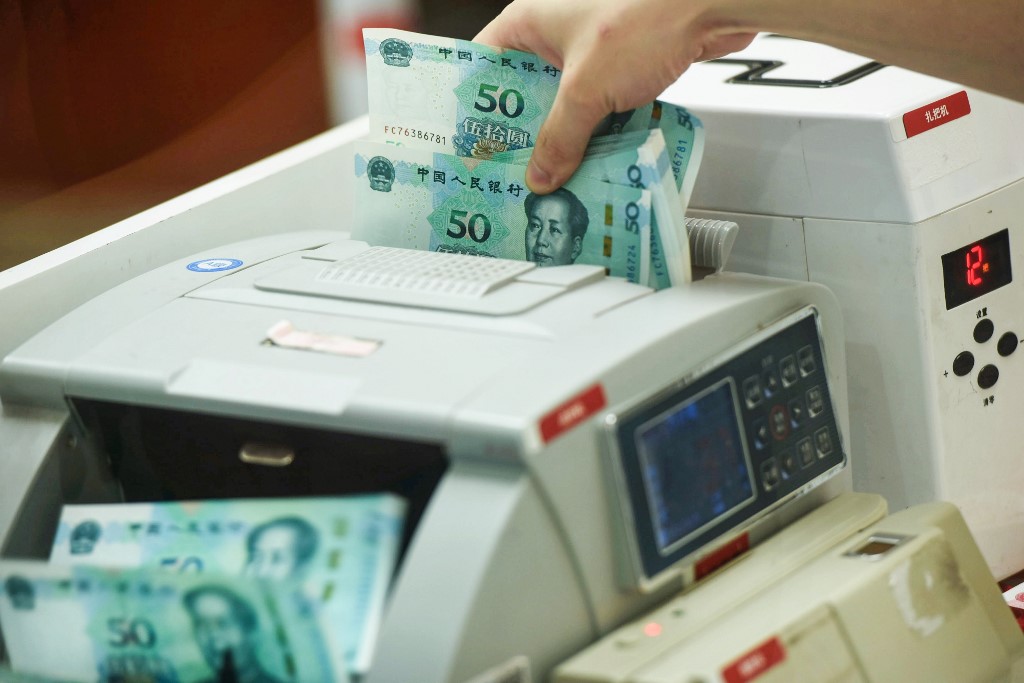(ATF) Chinese e-commerce giant JD.com raised HK$30.05 billion (US$3.87 billion) in its Hong Kong Stock Exchange debut today. The successful secondary listing of the Nasdaq company follows on the heels of an equally successful secondary listing debut by Chinese gaming giant Netease last week, which raised HK$21.09 billion (US$2.7 billion).
As a result of such large-scale capital inflows, the HK dollar once again bumped up today against the upper limit of its trading band with the US dollar, to which it is pegged in the 7.75 – 7.85 range.
At 7pm HK time, the HKD traded at 7.7501 per USD. The HKD over the past several months has risen by 0.5% against the USD, the best such record among 31 major currencies.
What’s happening here?
What’s happening is US Senate legislation designed to force US-listed Chinese companies off US markets. That may not succeed. But China’s tech giants are taking no chances. Alibaba was the first to seek a secondary listing in Hong Kong. And now, not just Netease and JD.com, but a whole slew of other Chinese firms are following suit…
Quite likely to the chagrin of chief China basher among US hedge fund managers, Kyle Bass, who has a large bet riding on a collapse of the HKD-USD peg within 12 months.
More the realist than the ideologue, Blackrock head Larry Fink takes a different stance.
“We are here to work with China,” Fink said via video conference at the Lujiazui Forum in Shanghai on Thursday. “We firmly believe China will be one of the biggest opportunities for BlackRock.”
Chances are Fink, not Bass will be seen to have prevailed in a year from now.
The other Chinese currency, the yuan, was set this morning at a parity with the USD of a relatively weak 7.0903. It did not stay there too long. At 7pm, CNY traded at a substantially stronger 7.0820 and the offshore version, the CNH changed hands at 7.0749 – this even as the USD also strengthened on the DXY (dollar index) to 97.0920.
A potential second coronavirus wave emanating from Beijing appears to have been contained and is not exercising the downward pressure the PBoC anticipated this morning when it chose an 8-day low for yuan parity.























